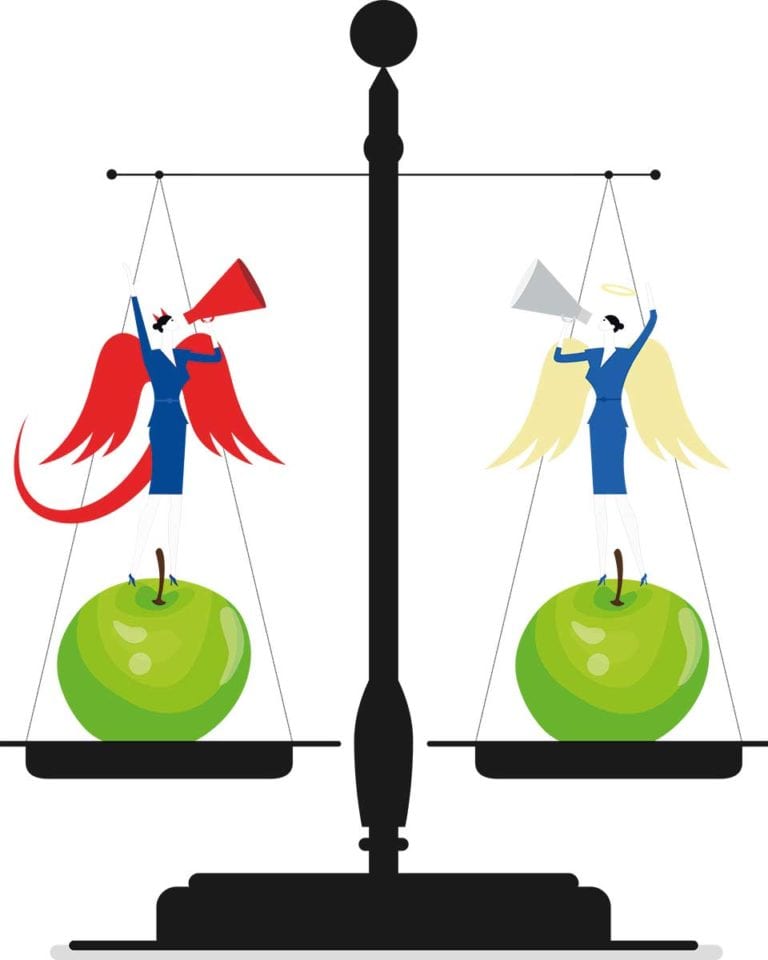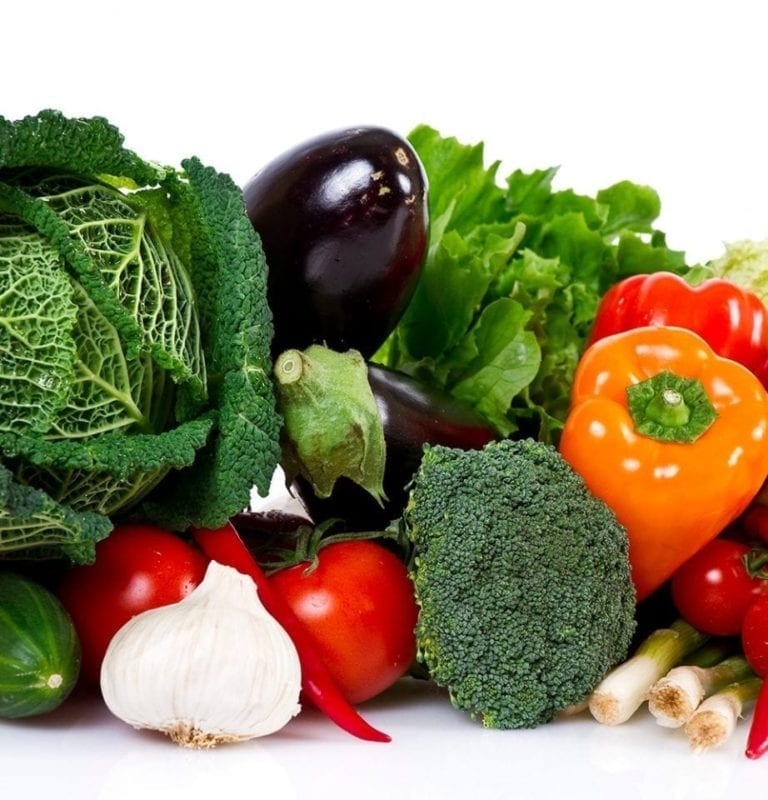Should we be eating less fruit?
Once upon a time, an apple a day kept the doctor away… But not any more, finds Sue Quinn. According to the latest fad-diet directives, we need to beware of the fruit bowl.

Many popular eating regimes – including paleo, low-carb, carnivore and ‘pegan’ diets (a hybrid of vegan and paleo) – take a dim view of fruit, suggesting only the least sugary kinds should be consumed, in limited amounts. Why? The theory is that fruit is too high in carbohydrates (in the form of sugar) and calories, especially for those trying to lose weight.
Tim Ferriss, US lifehacker, self-help guru and author of best-selling rapid weight-loss book The 4-Hour Body (Vermilion £16.99), simply advises: “Don’t eat fruit.” Anti-sugar campaigner Sarah Wilson, author of several bestselling cookbooks (and who, like Ferriss, is not medically qualified), claims: “Our bodies are designed to metabolise the amount of fructose contained in 1-2 small pieces of fruit a day (ie about the recommended amount of sugar we should be eating).” So, is fruit a friend or foe?
The science bit
When anti-sugar campaigners talk about eating too much sugar, they’re generally referring to sucrose (also known as added sugar or free sugar) – the white stuff in cakes, sweets and soft drinks. Sucrose is composed of two forms of sugar: glucose and fructose. All cells in our body use glucose for energy, but only the liver breaks down fructose. Evidence suggests that fructose is the villain in added sugar because, consumed in excess, it can inflame the liver and is also linked to spikes in blood sugar levels, type 2 diabetes and obesity.

These concerns seem to have prompted the anti-fruit message, as fruit also contains fructose. But there’s one crucial difference: unlike added sugar, fruit also contains fibre and nutrients. Dr Adrian Brown, lecturer in nutrition and dietetics at University College London, is worried about the anti-fruit message, especially when some wellness websites are directly comparing eating fruit with eating the white stuff. “The message that fruit is simply teaspoons of sugar is an oversimplification of a complex area,” he says.
Dr Brown says the fibre in fruit mitigates the effects of the sugar by slowing down its absorption in the gut. That’s why fruit is healthier than fruit juice (in which the fibre-rich pulp has been removed). What’s more, most people need to increase their intake of fibre, not exclude valuable sources of it. Fibre is
known to help reduce the risk of serious health conditions such as heart disease and bowel cancer, yet less than 10 per cent of the UK population consumes the recommended 30g per day.
Full of the good stuff
Fruit is also rich in vitamins, antioxidants (compounds thought to prevent cell damage) and other plant compounds. For example, fruit is a good source of potassium (which can help lower blood pressure) and flavonoids (linked to reduced risk of heart disease). In addition, there’s evidence that eating whole fruit reduces the risk of death from cancer, obesity and heart disease. “Overall, fruit intake is associated with a lower risk of cardiovascular disease, high blood pressure and type 2 diabetes,” according to the Harvard TH Chan School of Public Health website.

Dr Brown would like to see an official health campaign encouraging everyone to eat more fruit, as most of us don’t consume the recommended five pieces of fruit or vegetables a day. But what of claims that the body can only metabolise one or two small pieces of fruit each day? “I am not aware of any evidence for this,” Dr Brown says, adding that research suggests two to four pieces of fruit per day is optimum.
Of course, eating too much of anything can lead to being overweight or obese, so enjoying a banana on top of a full English breakfast, for example, might not be wise for someone who’s watching their weight. And people with certain health conditions need to be careful about how much fruit they consume.
Diabetes and obesity: cautionary tales
Dr Katarina Kos, senior lecturer at the University of Exeter’s College of Medicine and Health, says people with type 2 diabetes or obesity should think about limiting or excluding fruit from their diet in favour of vegetables. “If you have type 2 diabetes you need to consider where your calories are coming from,” she says. “If you already have high blood sugar, obviously eating more sugar in the form of fruit is not going to help you. If you want to increase your intake of antioxidants, vitamins and fibre, vegetables are a much healthier option.”
She recommends that people with type 2 diabetes or obesity stick to vegetables for their 5-a-day and choose fresh fruit (not dried or tinned versions, as they tend to contain more sugar) instead of cakes, biscuits or sweets for a treat. “It’s not that fruit is unhealthy,” says Dr Kos, “but people who struggle to control their blood sugar levels shouldn’t load the body with any form of sugar – even the sugar in fruit.”
The bottom line
Although fruit contains fructose, it’s also full of fibre, which slows down the absorption of sugar and mitigates many of its negative effects. For healthy people, fruit consumption is associated with a lower risk of a number of serious health conditions. For people suffering from type 2 diabetes or obesity, it might be appropriate to limit fruit intake, so consult your doctor.
Subscribe to our magazine
Food stories, skills and tested recipes, straight to your door... Enjoy 5 issues for just £5 with our special introductory offer.
Subscribe
Unleash your inner chef
Looking for inspiration? Receive the latest recipes with our newsletter

